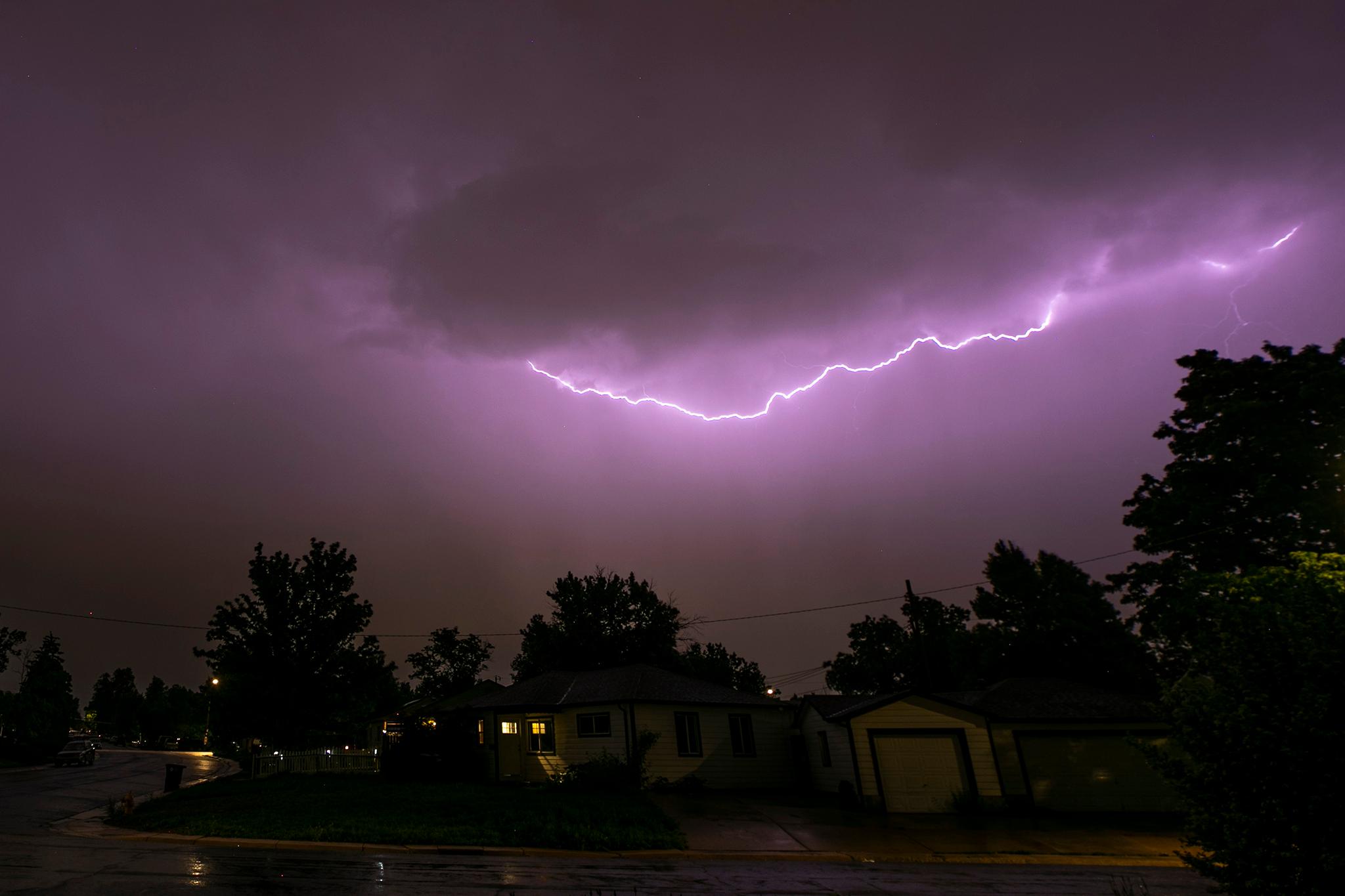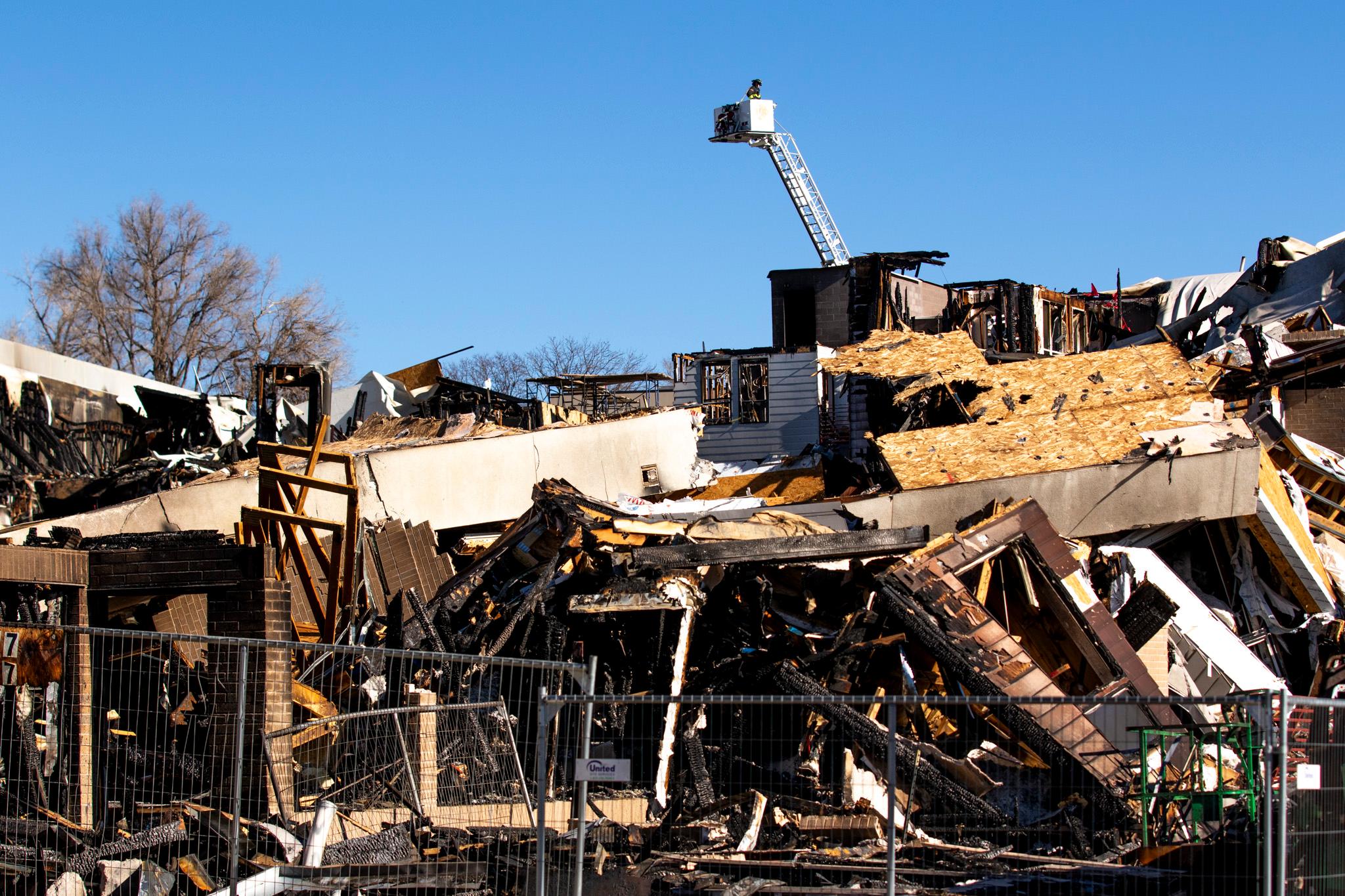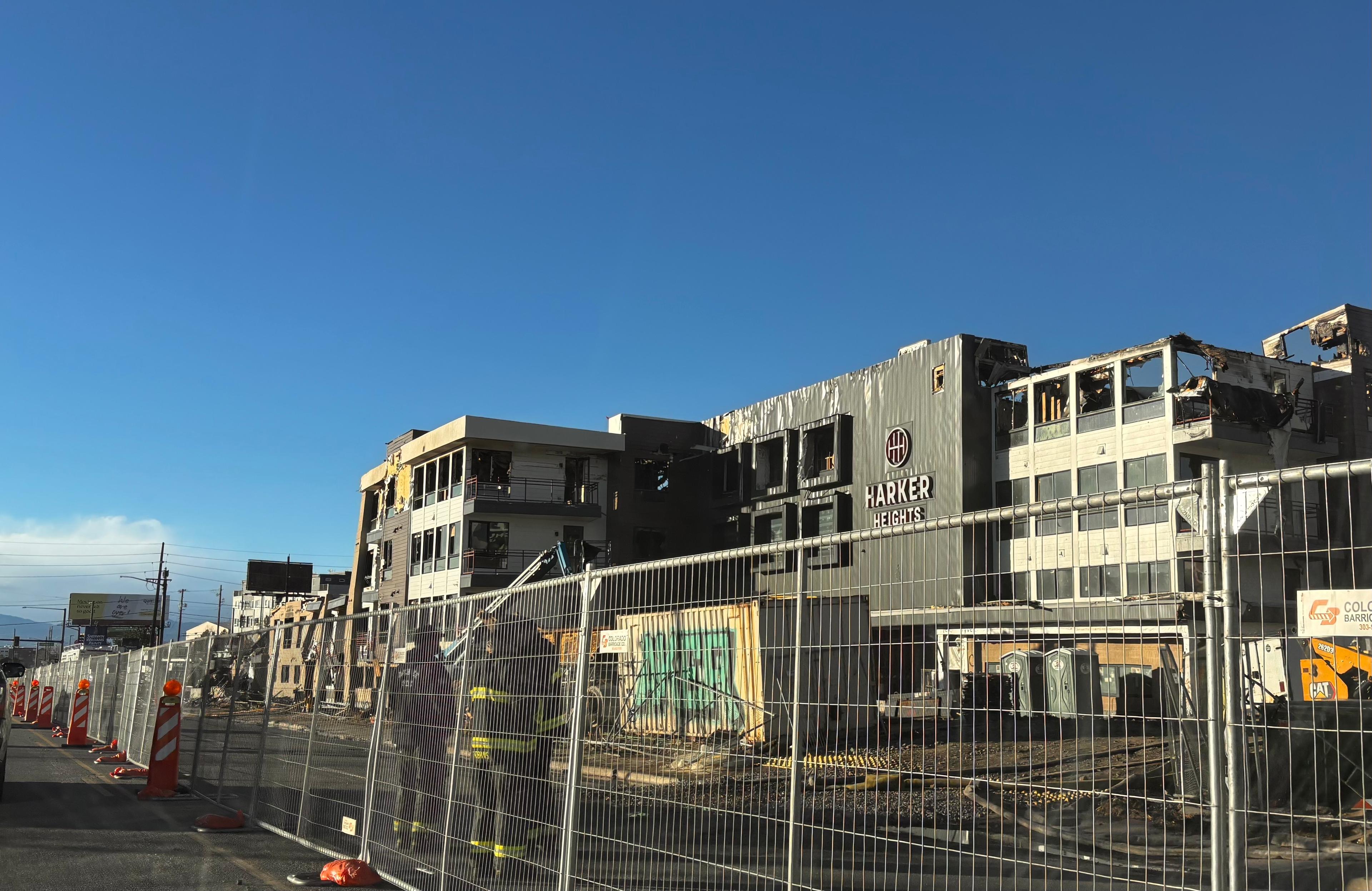Remember the last time you heard a Denver tornado siren? We sure don't.
The city tests them monthly -- but silently. The last time they were tested with three straight minutes of noise was in May.
When it comes to actual emergencies, part of the reason you haven't heard them often is that the sirens have historically been used solely for tornados. Sometimes dust devils spin through Denver, but they're rare.
Now the Office of Emergency Management is tasking the city's 86 sirens -- 11 of which are at Denver International Airport -- with signaling more than twisters.
The signals are being used as an "all-hazard approach" to the myriad maladies that can plague a city.
Think toxic spills. Or dam failures that lead to flooding. Maybe wildfires. And yes, tornados.
While those are a few of the things the city says it could sound alarms over, there are many paths to peril, and the city isn't limiting the types of crises the horns hale.
"Expanding the usage of our expansive siren system to include an all-hazard approach helps us ensure we will reach as many residents as possible during a life-threatening disaster or emergency," Denver Office of Emergency Management Executive Director Matthew Mueller explained in a statement.
The criteria for sounding the alarm: The threats have to be "imminent" and "widespread."
What do you do if the sirens ring out?
First things first, take shelter (assuming your shelter isn't on fire or flooded by a toxic soup).
Then check your phone, computer or local media for follow-up alerts and warnings plus tips on how to stay safe.
The sirens will not send an "all clear" message, so don't wait for that.
As long as the sirens are blasting, keep doing what it takes to stay safe from whatever the problem is.
Still twisted about what it all means? The city has a class on how emergency systems work.
In addition to being National Suicide Prevention Month, Blood Cancer Awareness Month and World Alzheimer's Disease Month, September is also, apparently, National Preparedness Month. (Grim, eh?)
To celebrate, the Office of Emergency Management will host a course for Denver residents to help them understand how alerts and warnings work in the city.
The "all-hazards" strategy will be explained at the first public class on Tuesday, Sept. 18.
You can register for an explanation at the Office of Emergency Management website.












